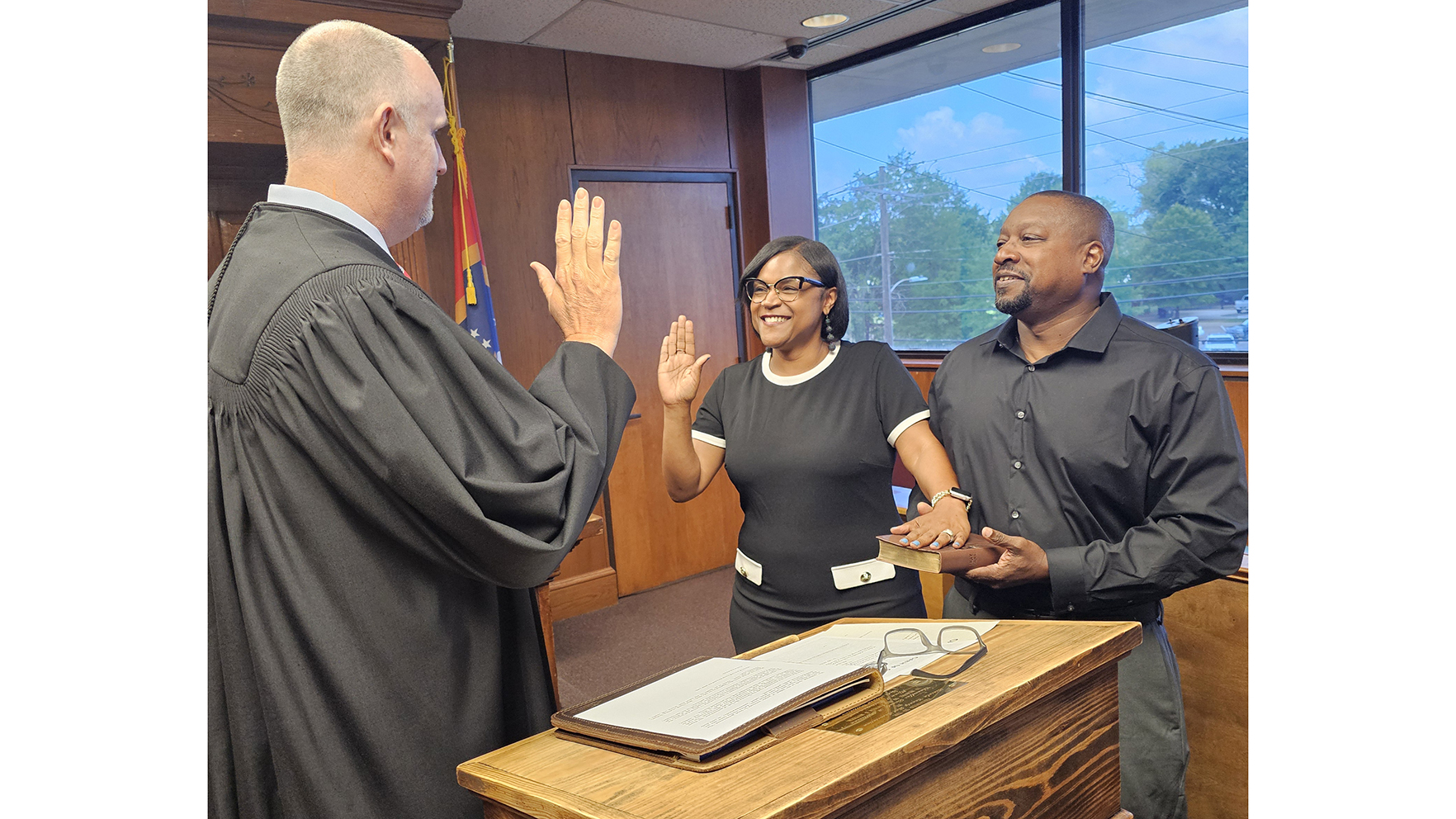House bill would have protected rights
Published 8:19 pm Tuesday, February 6, 2018
A bill that would have prohibited law enforcement from using “cell site simulator devices” that can intercept data from cellphones without first obtaining a warrant has been replaced by a measure that would create a task force to study the device.
House Bill 1092 sought to prohibit what amounts to warrantless surveillance by law enforcement. With a cell site simulator, law enforcement can intercept and collect data from any unprotected cellphone. The device acts like a cell tower and forces nearby mobile phones to connect to it.
Using one of these devices, law enforcement can gather all the data (voice, text, location, etc.) being transmitted by a mobile device.
The House bill would have required a court-issued warrant before the device could be used, the same that is required for law enforcement to search property. Probable cause that evidence of a crime would be found or that a crime is being committed would first have to be established.
The bill would have also established that any use of cell site simulator would be limited by state and federal wiretapping laws.
It’s easy to see why law enforcement would want to use such a device. If an officer could intercept phone data from suspects at any time without a warrant, it would make arrests easier. But it would violate the Constitutional rights of those individuals.
HB 1092 sought to protect those rights. The committee it was referred to, however, substituted another bill that only establishes a task force to study the issue. And while studying the issue further is advisable, it could also serve to derail the matter.
The “Cell Site Simulator and License Plate Reader Task Force Act” would create a committee that would review all rules, regulations and procedures regarding the devices. It would report its finding and recommendations by Dec. 1.
What should be a straight-forward issue — courts have already ruled that warrantless use of the devices is unconstitutional — could now get bogged down in task force recommendations. Any legislation that results from the task force won’t be introduced until the next session — at the earliest.





